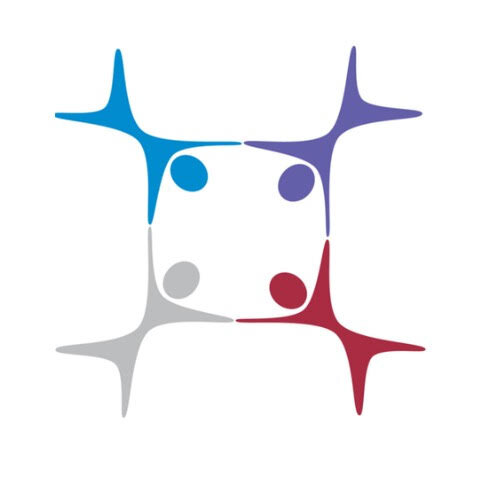Postdoctoral Fellow in Spatial Transcriptomics - Boston Children's
New Insights into Pain with Spatial Transcriptomics and MERFISH
Spatial transcriptomic techniques offer the revolutionary new ability to discover cell types and states while mapping their organization in a wide variety of tissues and, in turn, provide new biological insights from deep molecular profiles of intact tissues. Join us to learn and extend this exciting new technology suite while providing new insights into nociception and chronic pain!
We are recruiting a postdoctoral fellow for the Moffitt laboratory at Harvard Medical School and Boston Children’s Hospital to leverage multiplexed-error robust fluorescence in situ hybridization (MERFISH) to reveal new insights into the cellular and molecular structure of human nociception and chronic pain. Working in collaboration with scientists at the Harvard PRECISION Pain Center—a new NIH-funded collaborative center that brings together scientists from Brigham and Women’s Hospital, Mass General Hospital, Boston Children’s Hospital, and Harvard Medical School—this postdoctoral fellow will apply MERFISH and other spatial transcriptomics technologies—Visium and Stereo-Seq—to discover, define, and chart the cell types and states associated with human nociception and their disorders in the context of chronic phantom limb pain associated neuromas. The postdoctoral fellow will be responsible for learning and applying both image-based and spatial-capture-based transcriptomic methods to human-derived neuroma samples; computationally co-embedding these data with data derived from other state-of-the-art single-cell methods, such as scRNA-seq and sc-ATAC-seq; and deriving novel biological insights from these data on the structure, origin, and physiology of nociception in human neuromas. Moreover, by joining the laboratory of Jeff Moffitt—a co-inventor of MERFISH—this postdoctoral fellow will have the opportunity to learn MERFISH in a laboratory of one of its developers, to create novel experimental and computational extensions of this technique, and to contribute to a dynamic team of scientists that are both extending this technology in novel and exciting ways and leveraging it to reveal new biological insights in a wide array of systems.
The position is open now with a flexible start date.
Applicants should send a CV and the name of two references to jeffrey.moffitt@childrens.harvard.edu.
To learn more about the Moffitt laboratory visit: https://moffittlab.github.io.
To learn more about the Harvard PRECISION Pain Center visit: https://healpain.bwh.harvard.edu/.
Requirements
• A PhD in the natural sciences, including but not limited to Molecular and Cell Biology, Neurobiology, Chemistry, Physics, or Bioengineering
• Experience with programming languages such as Matlab, Python, or R
• The ability to work well within teams
• The willingness to learn and develop new technologies, learn new areas of biology, and contribute to a deeper understanding of human neurological disorders and disease
Beneficial skills (not required)
• Experience with fluorescence in situ hybridization (FISH), including techniques such as single-molecule FISH, RNAscope, or MERFISH
• Microscopy and optics experience
• High-performance computing experience and a familiarity with Linux
• Experience with tissue preservation and sectioning, including sectioning of both fresh-frozen samples and paraffin-embedded, formalin-fixed (FFPE) samples
• Single-cell analysis experience, including software packages such as scanpy or Seurat
• Experience in neurobiology or neuroscience
Boston Children’s Hospital and the Moffitt laboratory are equal opportunity employers, and all qualified applicants will receive consideration for employment without regard to race, color, religion, sex, national origin, disability status, protected veteran status, gender identity, sexual orientation, pregnancy and pregnancy‐related conditions or any other characteristic protected by law.
